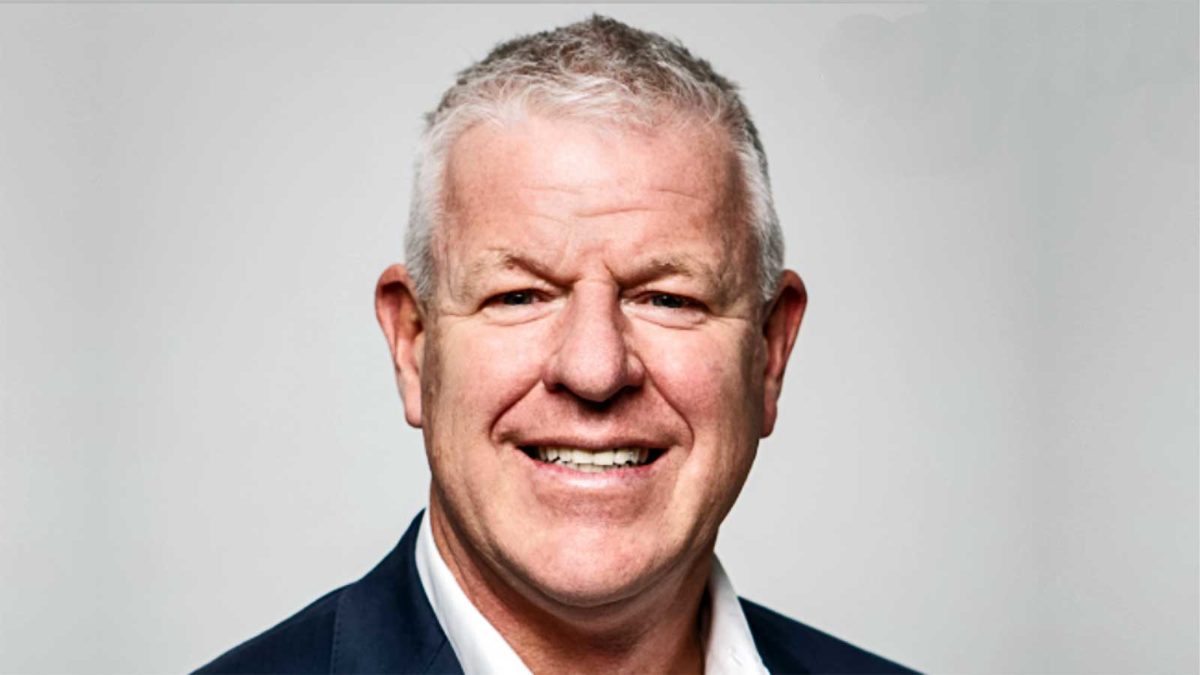Foundation North to rebalance private exposure, books $350m returns
NZ’s largest community trust, Foundation North, will move to rein-in exposure to private assets after a stellar year saw exposure to the sector blow-out almost 5 per cent above the top-end of its target allocation.
According to the Foundation North annual report released last week, the community trust’s private assets accounted for almost 20 per cent of the now $1.6 billion fund at the end of March – double the ‘policy target’ and well outside the 5-15 per cent range set in the statement of investment policies and objectives (SIPO).
The Foundation North report said private assets now account for 19.7 per cent (up from 15.8 per cent last year) of the total fund following “a rapid growth in the value of these investments”.
Due to “the illiquid nature means these investments were difficult to ‘rebalance’ using the usual means – selling to reduce the holding”, Foundation North says.
“As part of its annual investment work plan, the Foundation reviews its SIPO and Strategic Asset Allocation policy,” the report says. “Since the year end, the Investment Committee has recommended a number of changes to the Board in the SIPO. As a result, one of the changes will ensure the well performing private growth asset class is within its policy target.”
In a shock move last December, Foundation North hired Australian firm JANA (now part-owned by the ASX-listed IOOF) to replace Cambridge Associates as investment consultant.
However, JANA was unlikely to have made many changes in the first three months since officially taking over this January with the Foundation North accounts reporting 29 underlying managers as at the end of March this year in a number unchanged since the same time in 2020.
Peter Tynan, Foundation North chief, says in the 2021 report the group had “made changes to our investment structures during the year appointing JANA as our new asset consultant”.
“The volatility in financial markets tested our investment approach and I am pleased to say the portfolio performed as designed during this time. We were able to weather the fluctuations and, in the end, record an outstanding financial result,” Tynan says.
“We are excited to have expanded our asset allocation to now also include an impact investments portion to the portfolio and look forward to working with our newly established impact investment fund to enhance the social, environmental and economic impact across our rohe [territory]”.
The Foundation North board had approved a $20 million impact portfolio, the report says, with “the first draw-down of funds expected in the new financial year”.
But the community trust has maintained its overall portfolio construction approach that allocates funds according to four ‘buckets’ covering growth, diversification, inflation-hedging and deflation-hedging assets.
During a boom year for markets, the Foundation growth assets portfolio ballooned by over $200 million to reach over $915 million with more modest gains across the other strategies ranging from about $5 million for deflation-hedging and $45 million for the diversification allocations.
Investment returns saw the Foundation North bottom line increase by over $350 million year-on-year (against a budget of $102 million), tipping total assets under management above $1.6 billion.
“This translated into a return of 26.9% net of fees (2019-20: 0.6%) relative to the benchmark composite index, which returned 20.3% for the financial year (2019-20: – 2.8%). With a diversified portfolio (across both public and private markets) designed to weather market volatility, Foundation North’s portfolio outperformed its benchmark by 660 basis points over this time-period (2019-20 340 basis points),” the financial report says.
“As a long-term investor, the Foundation also considers long-term performance. The trailing ten-year performance was 8.0% net of fees, favourable to the ten-year benchmark composite index of 6.6% (2019-20: 6.5% actual, 5.4% benchmark). The since inception return of 7.9% net of fees has outperformed both the benchmark composite index return of 6.2% and the long-term investment objective (CPI + 5.0%) being 7.0% over 27 years.”
Foundation North grants increased marginally over the year from about $45 million in 2020 to almost $48.3 million during the latest reporting period.
Upfront investment-related fees fell from $2.6 million last year to almost $2.2 million over the 2020/21 period while administration costs rose almost $1.2 million peak above $7.5 million: Foundation North chalked-up most of the admin expense hike to the ‘other’ category (about $3 million against $1.8 million last year) as most other costs held steady including the big-ticket item of staff that hovered around $4.1 million.
The upbeat Foundation North result follows similar reports from the $630 million RÄtÄ Foundation and the almost $250 million BayTrust.
Earlier this year the 12 community trusts were slated in a now-discredited Otago University report that accused the sector of “destroying” almost $130 million of capital over a three-year period.
The Foundation North report reveals the 12 organisations have completed ‘phase 1’ of a new “National Strategy for Community Governance”.











